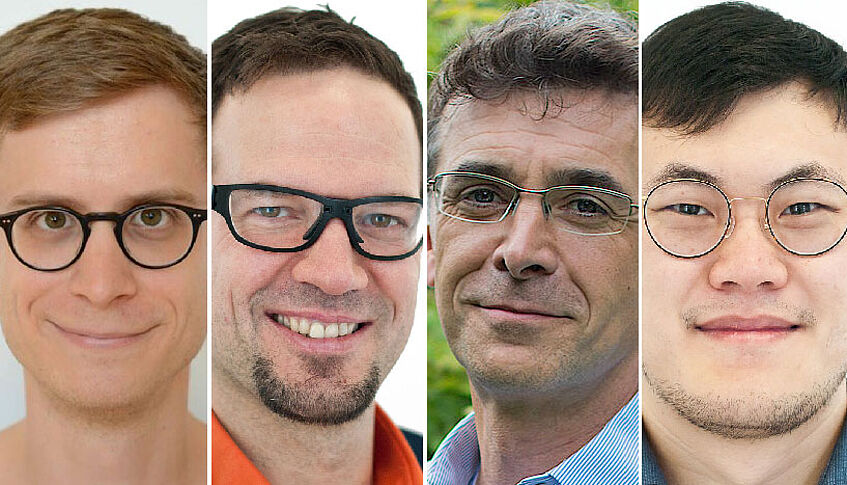
Project title: "How nature can help us relieve our pain".
Project team/partners: Max Eder, Claus Lamm, Mat White, Lei Zhang (all University of Vienna), Alexander Smalley (Universität of Exeter/UK), Simone Kühn (Max-Planck-Institute for Human Development/Germany).
Department: Department of Cognition, Emotion, and Methods in Psychology.
Goal of the project: Contact to nature reduces pain processing in humans. However, it is unclear which cognitive, affective and neuronal mechanisms can explain this reduction. In this project, we use fMRI to investigate which mechanisms reduce pain through contact to nature.
Why is this important and useful? Painful conditions are among the most common causes of the global burden of disease. Non-pharmacological treatments for pain are playing an increasing role. However, to improve the success of interventions, we need to understand why and how they work.
Abstract: Contact to nature has a variety of positive effects on human health. Recent studies show that contact to nature also reduces pain processing in humans. Although this effect has been confirmed repeatedly, there is a lack empirical studies investigating how it can be explained. The aim of our research is to examine which cognitive, affective and neural mechanisms are at the heart of this reduction. In our study, 48 participants receive painful shocks during observation of three different audiovisual stimuli depicting natural, urban, and neutral environments while fMRI activity is acquired. We expect that observing natural compared to urban or neutral environments leads to a greater reduction in pain and that this can be explained by neural activity changes related to either sensory-discriminative or affective-motivational components of pain processing.
Explanation - easy to understand: Can nature relieve our pain? Current research shows: yes, it can. However, we know little about how it does this. That is why we are investigating what happens in our brain when pain is relieved by nature contact.
